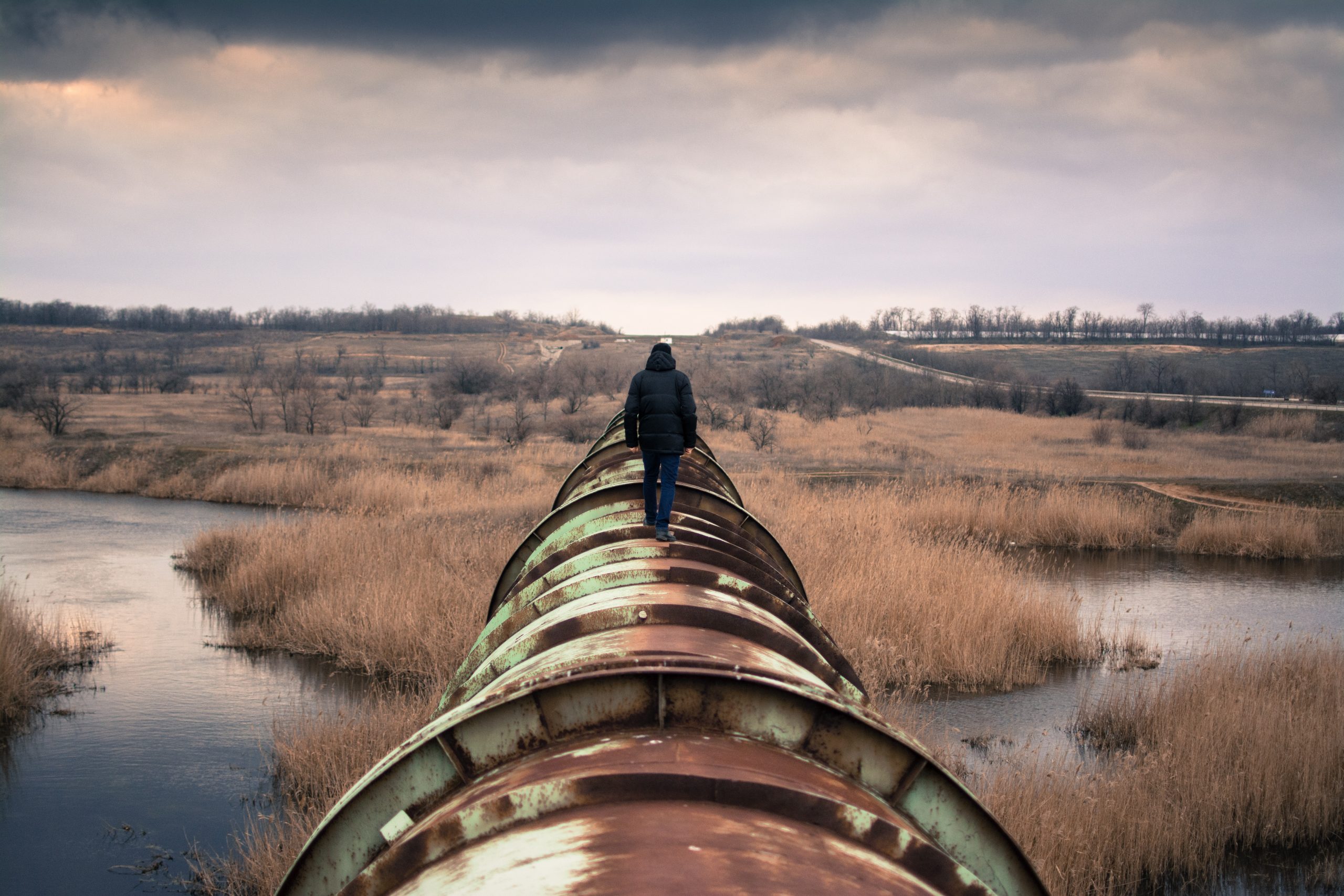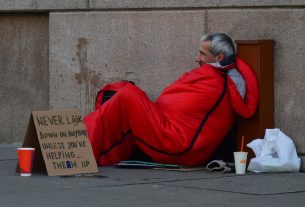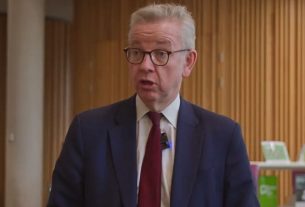The Bank of England has warned £16 trillion ($20tn) worth of assets held by firms are at risk if companies do not take action on climate change.
Mark Carney, the outgoing governor of the BoE said millions of pension funds could become “worthless” unless companies and banks take effective steps to deal with the climate emergency.
Carney said the funds are at risk by over-exposure to “sunset” fossil fuel industries and called climate change the “tragedy of the horizon” in an interview broadcast this morning (Monday) on BBC Radio 4’s Today programme.
He told the programme – guest edited by climate activist Greta Thunberg – the world was facing irreversible heating unless companies changed their priorities and said leading pension fund analysis “is, that if you add up all the policies of all the companies out there, they are consistent with warming of 3.7 to 3.8C”.
This, said Carney, “is far above the 1.5 degrees that the people say they want and governments are demanding” while warning the frequency of extreme weather events will increase.
Billions will be affected by climate change
A 4C rise in temperatures will directly affect 760 million around the planet, causing a nine metre rise in sea levels with billions more people affected by severe droughts and food supply problems.
“By the time that the extreme events become so prevalent and so obvious, it will be too late to do anything about it,” said Carney, urging political leaders to “start addressing future problems today”.
The former Goldman Sachs banker has a long record of warning about the impact of climate of change on financial markets and his interview, broadcast today, echoes a speech he made at Lloyds of London in 2015, when he stated: “Once climate change becomes a defining issue for financial stability, it may already be too late.”
‘Tragedy of the horizon’
He told German business leaders in 2016: “Climate change is a tragedy of the horizon which imposes a cost on future generations that the current one has no direct incentive to fix.”
In today’s BBC interview, Carney said: “The concern is whether we will spend another decade doing worthy things but not enough… and we will blow through the 1.5C mark very quickly. As a consequence, the climate will stabilise at the much higher level.”
Unless business wakes up to what Carney called the “climate crisis” their assets would become worthless because, he said: “If we were to burn all those oil and gas [reserves], there’s no way we would meet carbon budget.”
‘What’s your plan?’
Carney continued: “Up to 80% of coal assets will be stranded, [and] up to half of developed oil reserves.
“A question for every company, every financial institution, every asset manager, pension fund or insurer: what’s your plan?
“Four to five years ago, only leading institutions had begun to think about these issues and could report on them.
“Now $120tn worth of balance sheets of banks and asset managers are wanting this disclosure [of fossil fuels investments]. But it’s not moving fast enough.”
From BoE governor to UN climate special envoy
When Carney’s term as governor of the Bank of England ends on January 31 2020 he will take up a new role as the United Nations Special Envoy for Climate Action and Finance – a pro-bono post for which he will be paid £1 a year.
The position was previously held by billionaire and former New York mayor Michael Bloomberg from 2014-19.
Carney will be tasked with helping the transition to net-zero carbon economies to be discussed at the 26th Conference of the Parties (COP) meeting to be held in November 2020 in Glasgow.
Carney’s interview with the BBC was broadcast on the same day the Guardian report that UK households are paying 40% more for their energy bills than they did in five years ago, with the average bill now a record £2,707 per annum.




